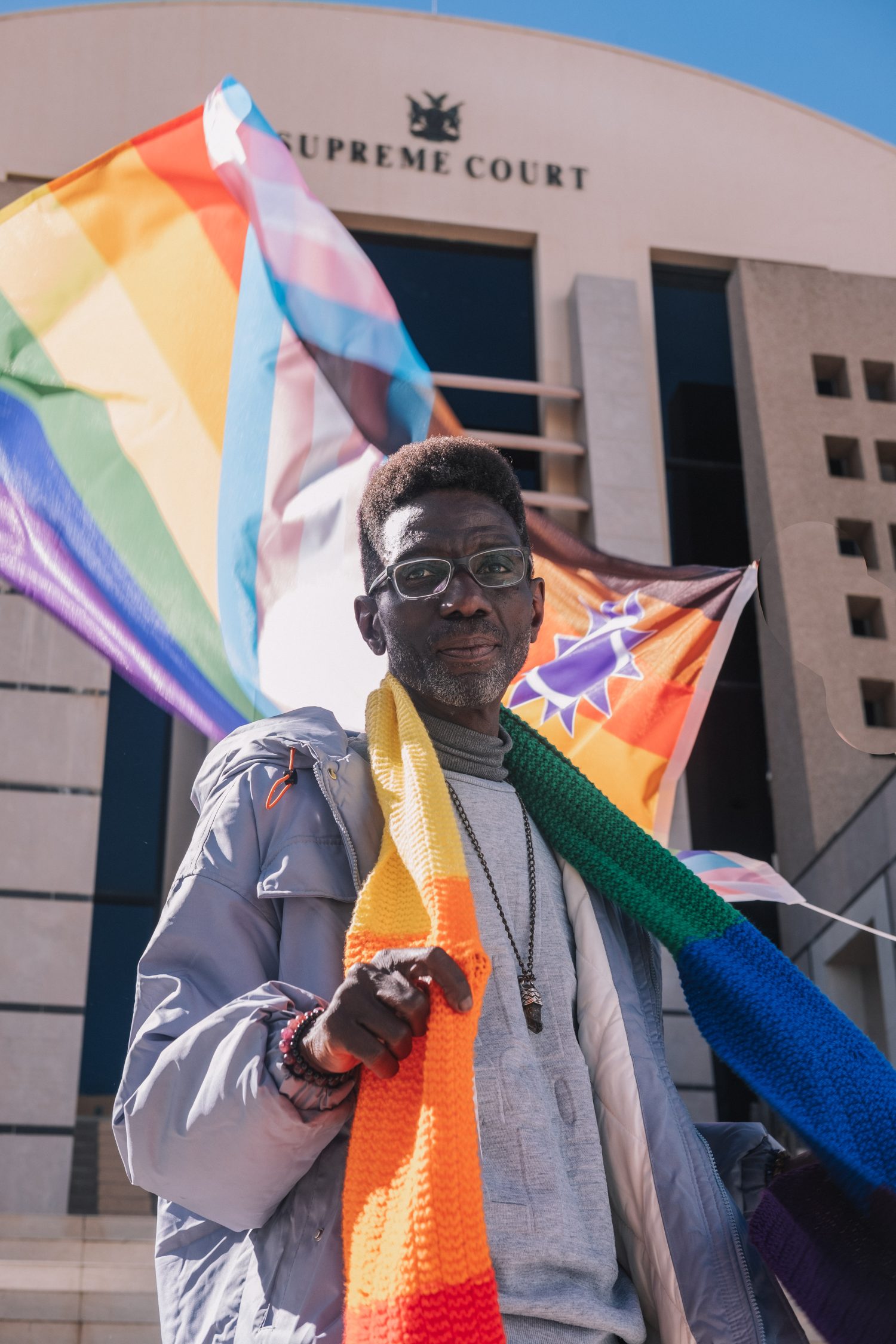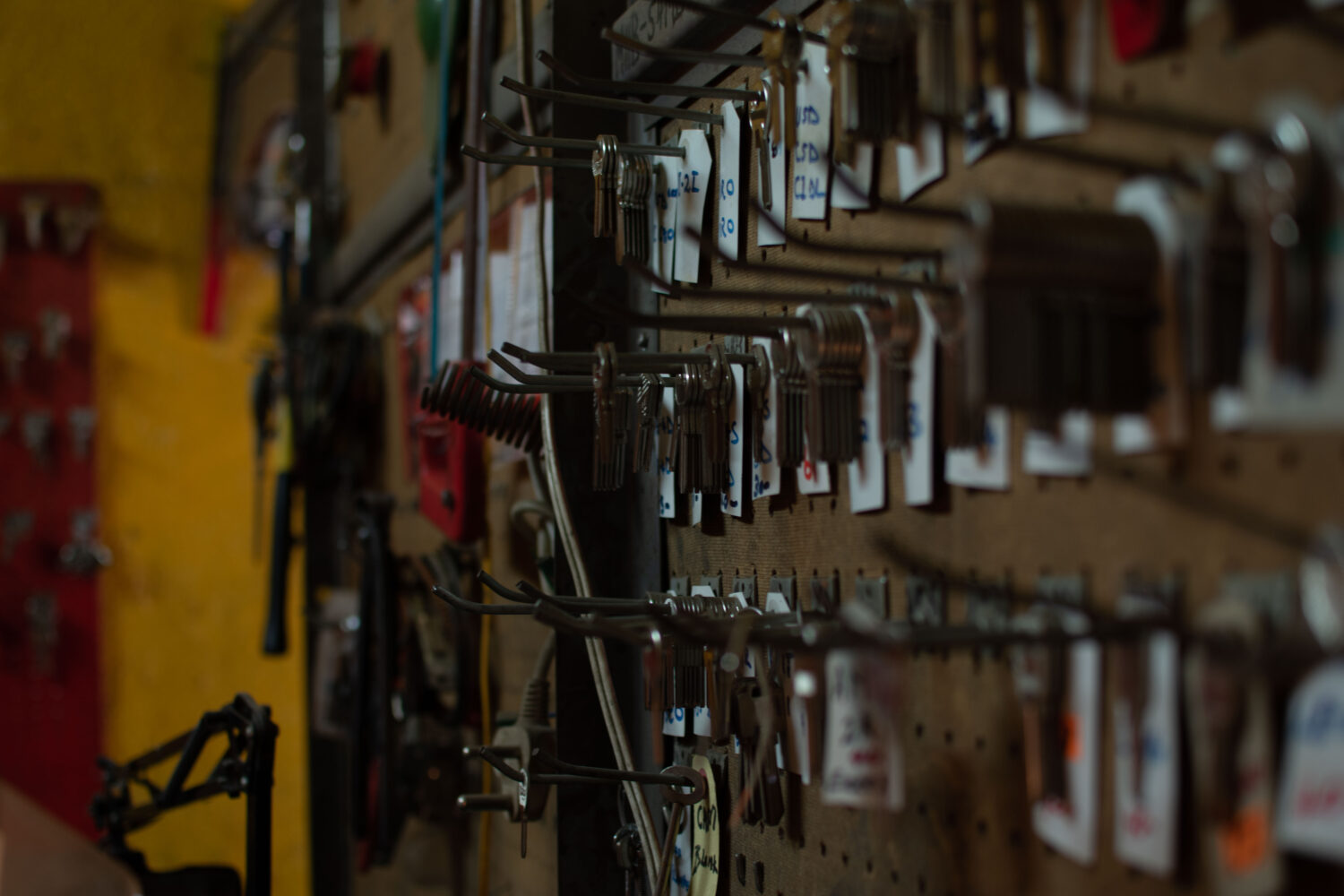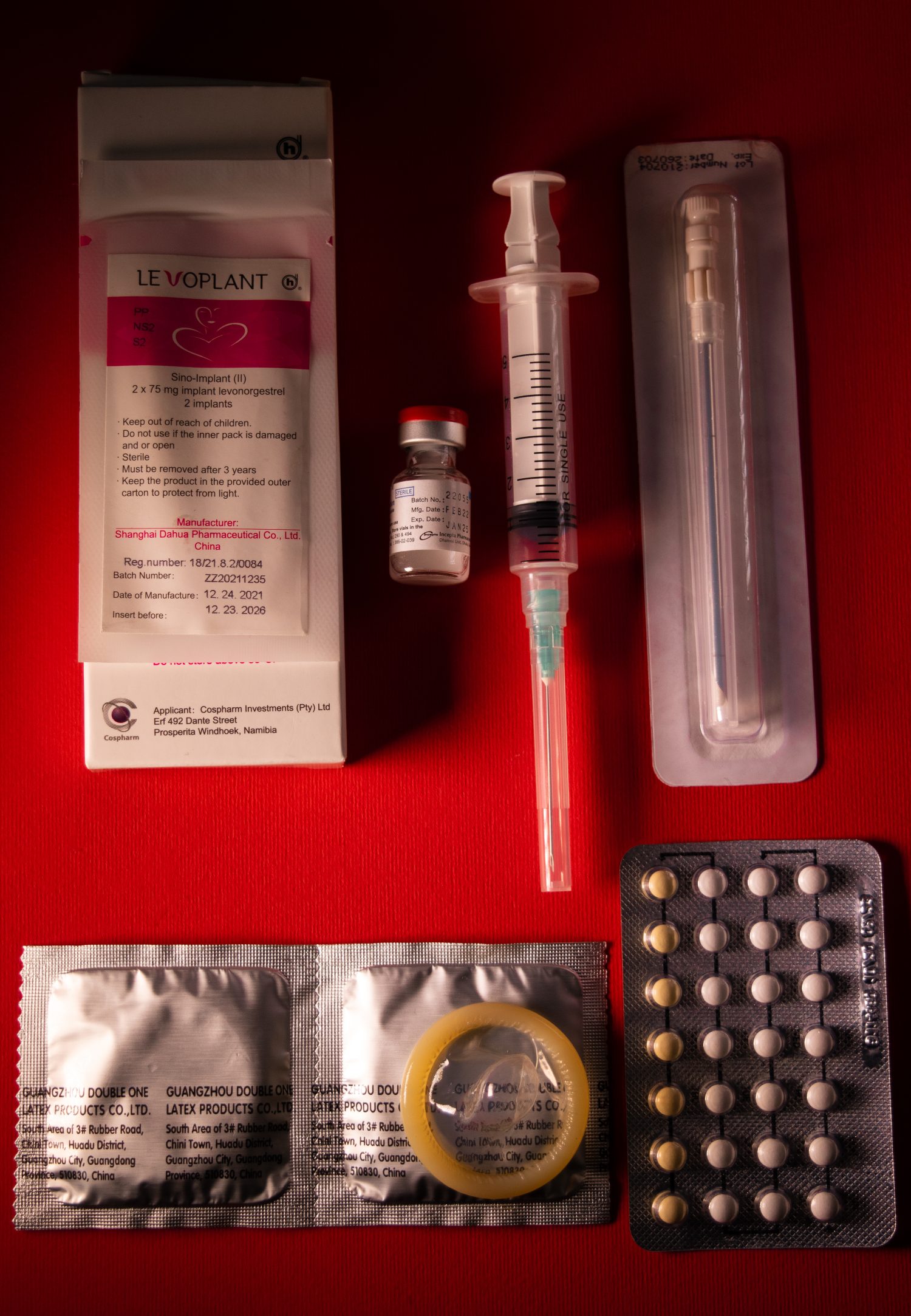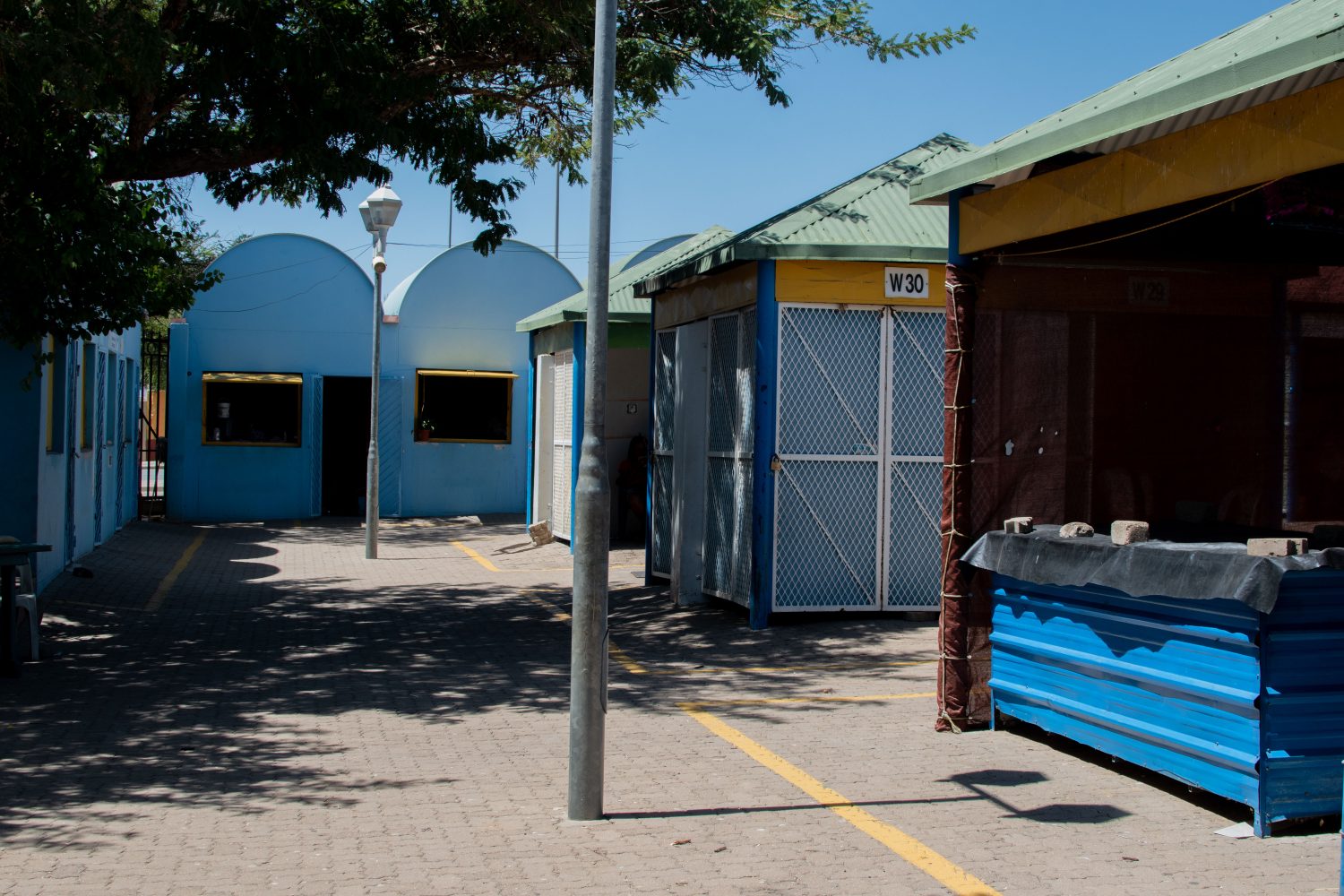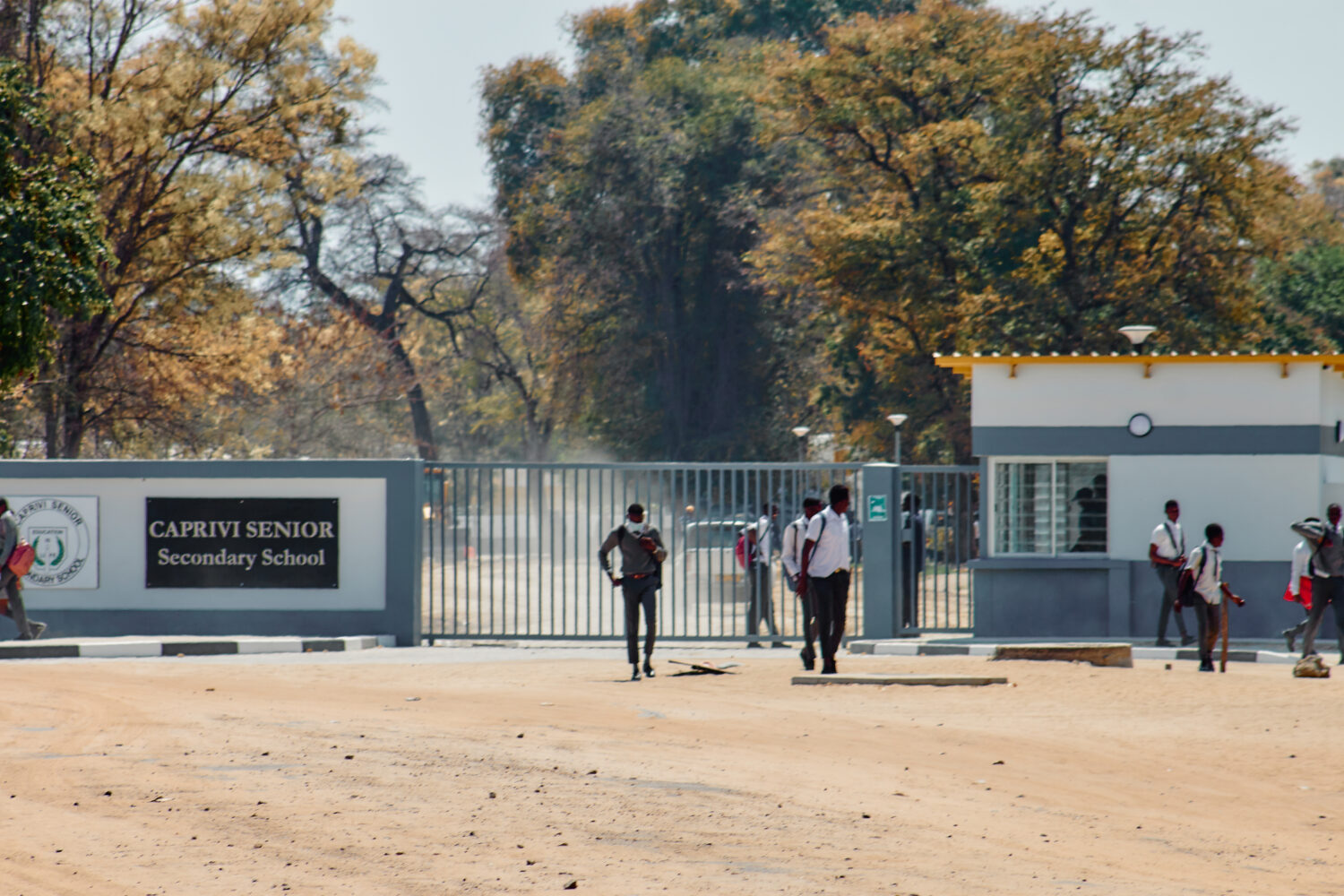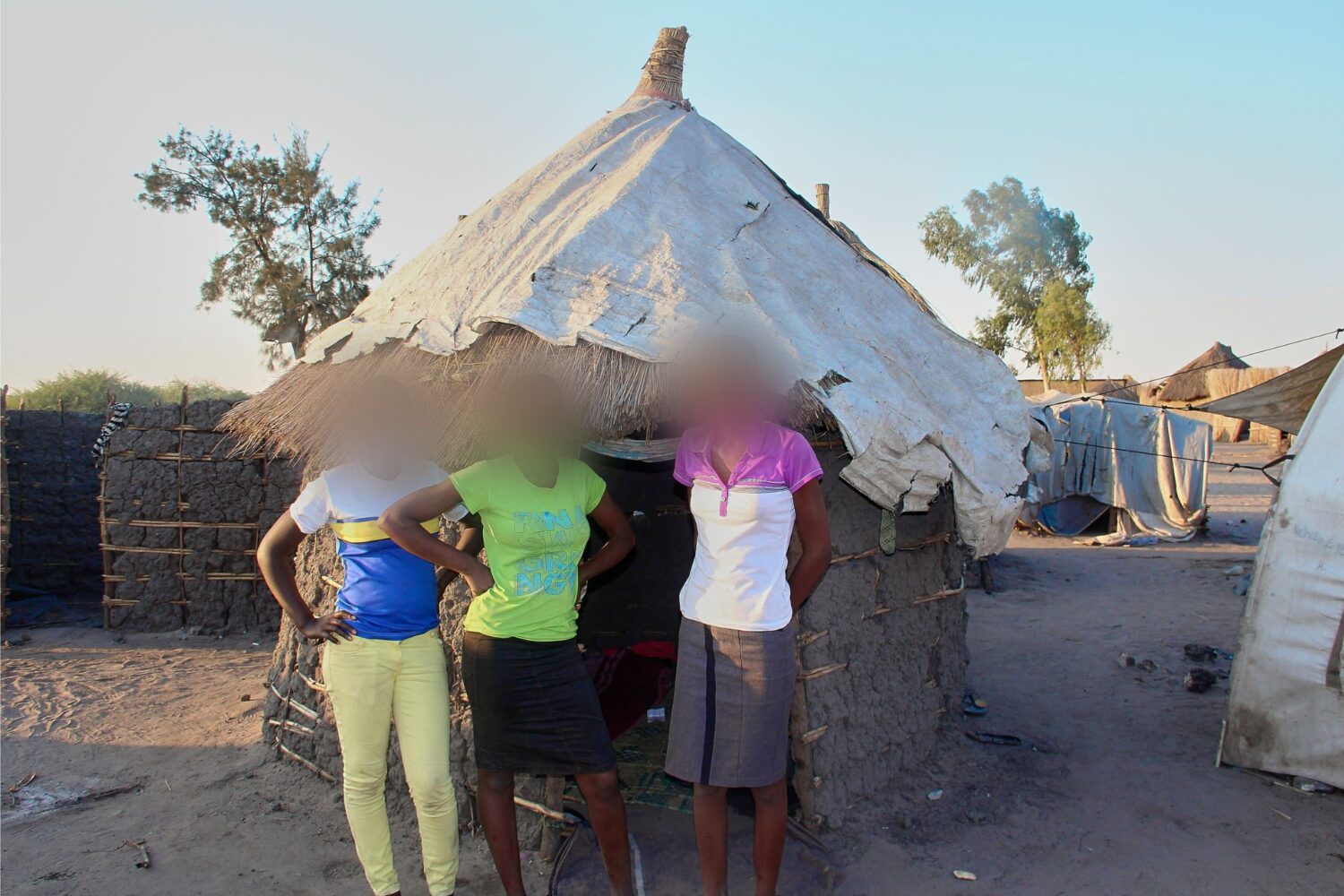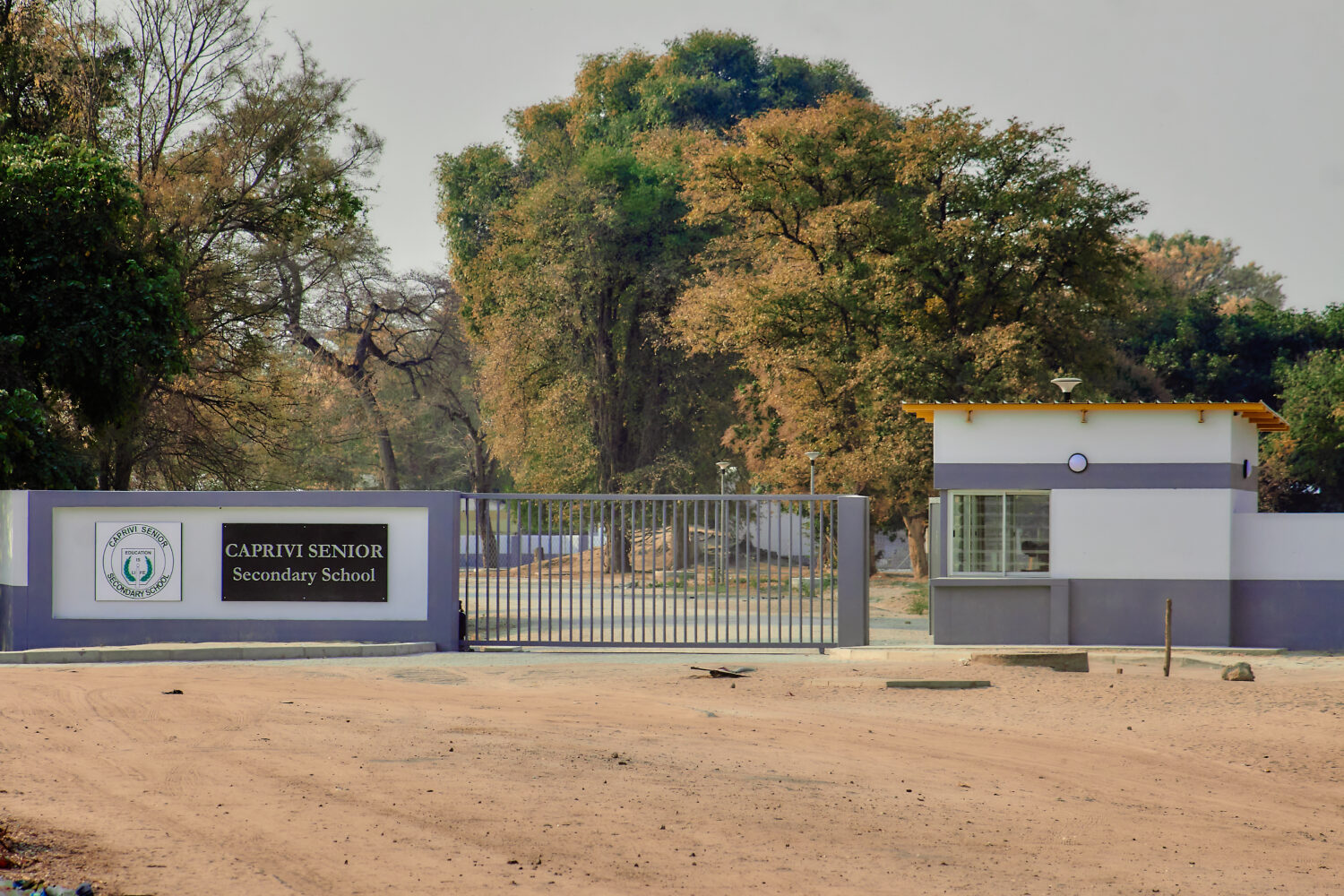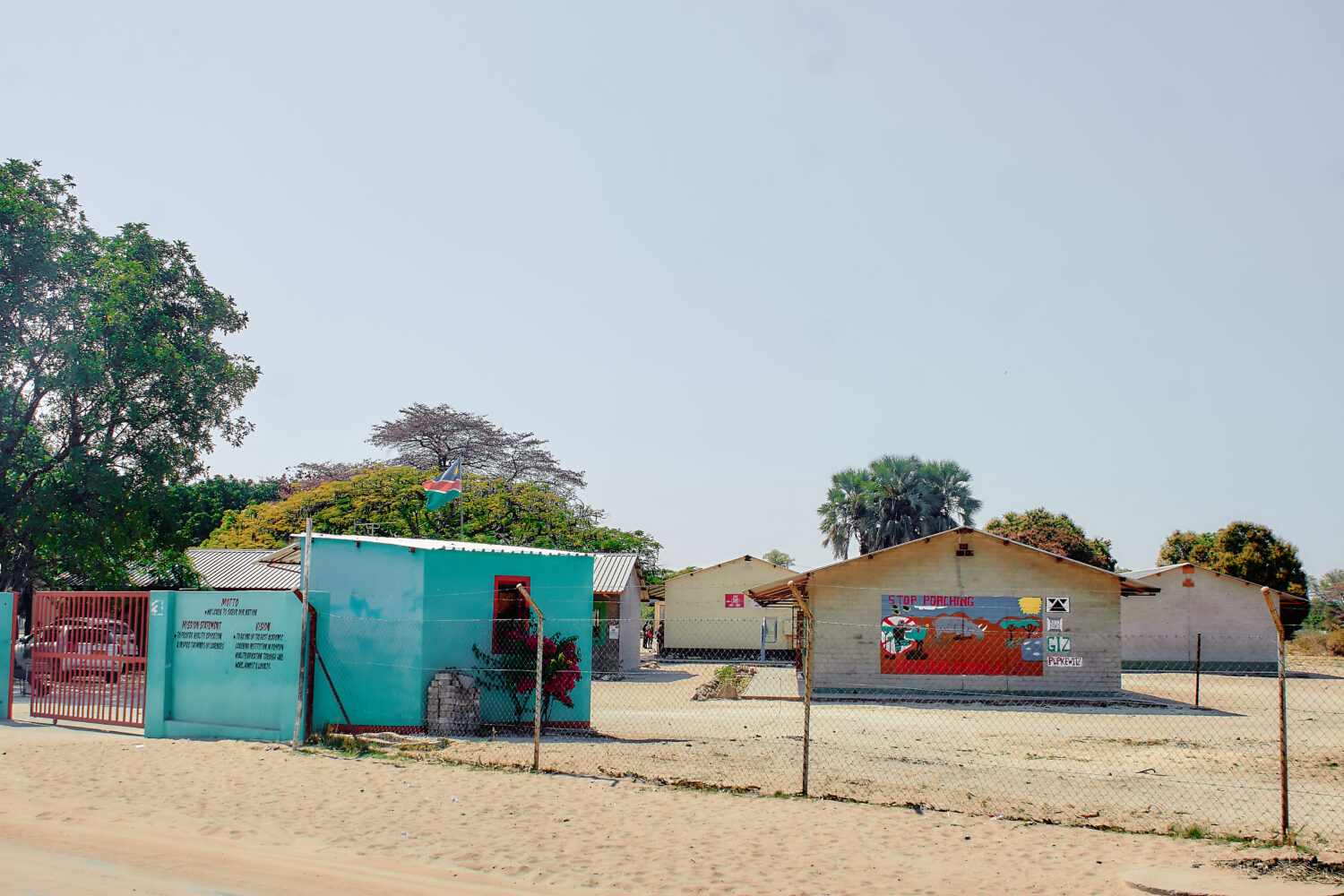On the morning of the 21st of June 2024, journalists, members of the LGBTQIA+ community and their allies stood in line outside The High Court of Namibia on Fonnie Karuaihe Street in Windhoek. The street–previously known as Luderitz Street–perhaps stood as symbolic foreshadowing for the decolonizing on the horizon inside the court as people stood outside with placards reading “Decolonize My Sexuality”. After security checks at the reception, everyone hastily… Keep Reading
